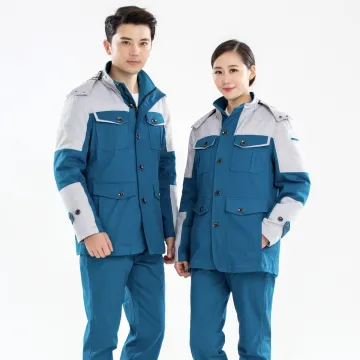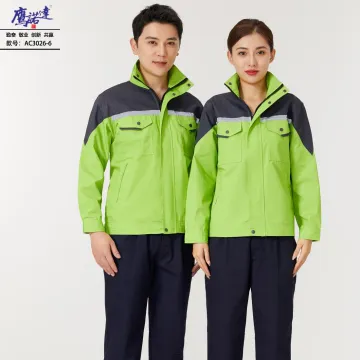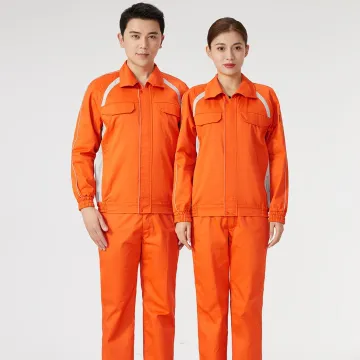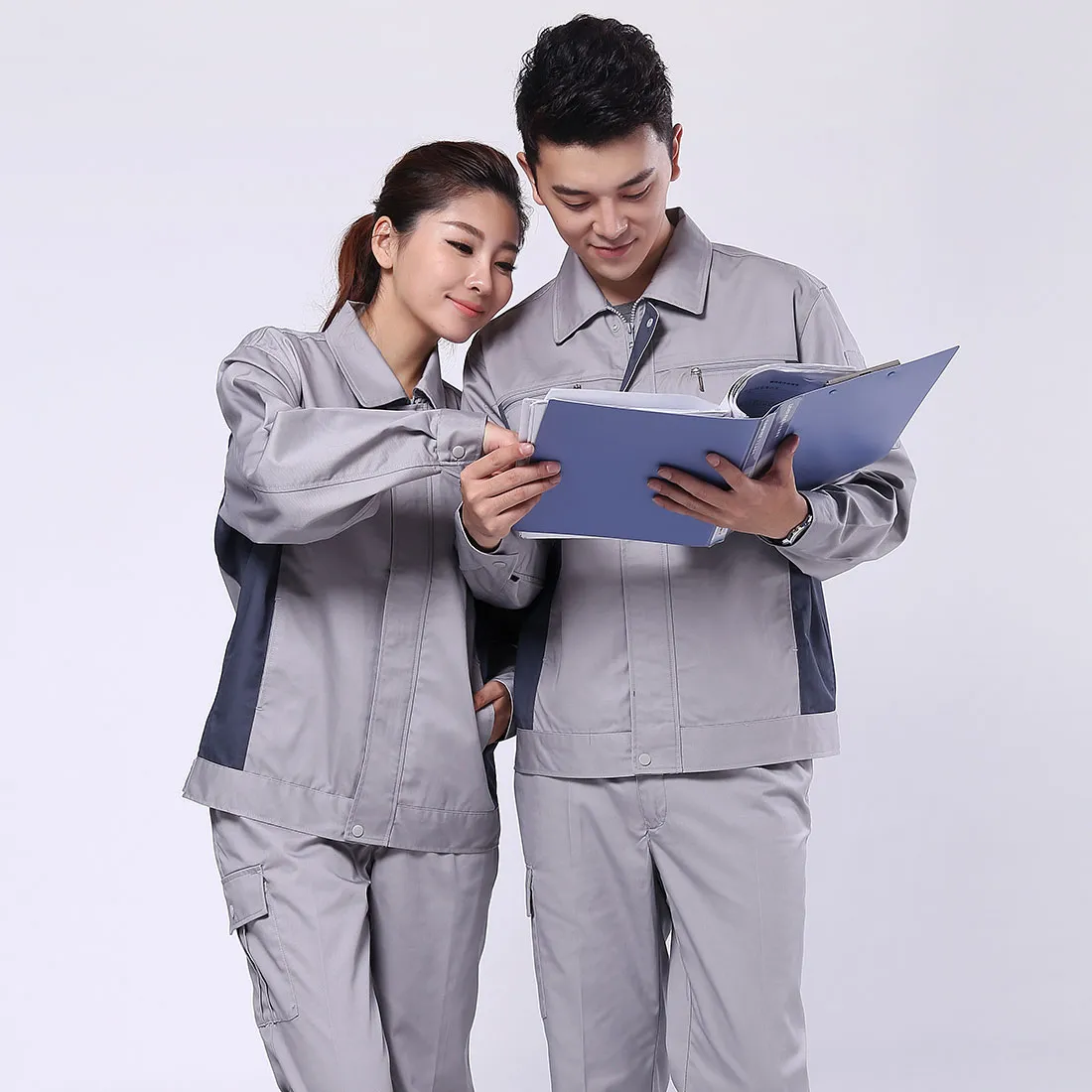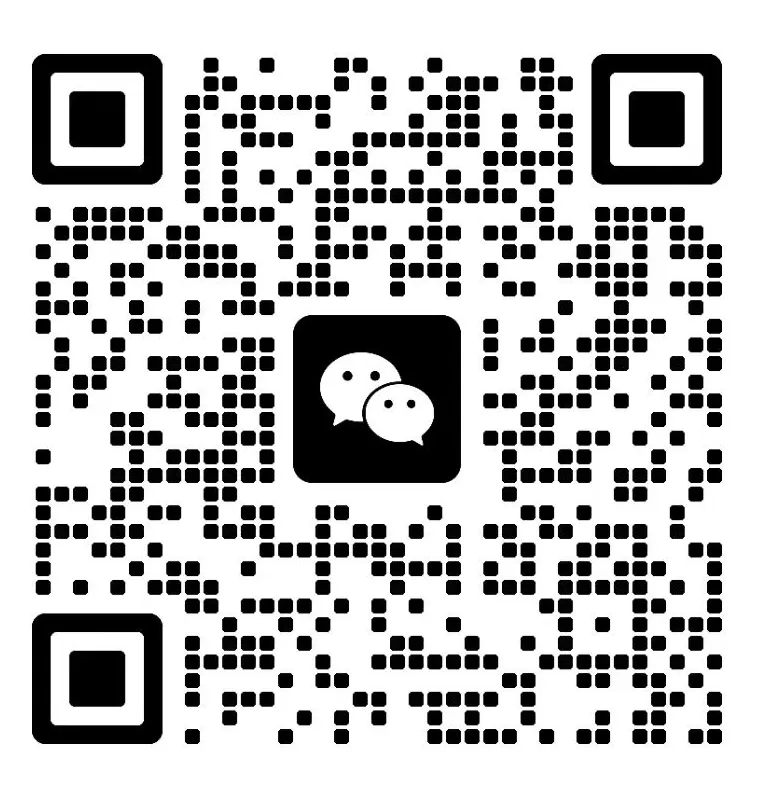How to customize work attire that satisfies both leaders and employees?
1. Clarify core needs
Leadership focus: corporate image, professionalism, cost control, and management convenience (such as uniformity and ease of identification).
Employee concerns: comfort, practicality, aesthetics, and personalization (moderate).
Common goal: to enhance team belongingness while meeting the needs of the work scenario.
2. Key customization steps
(1) Establish an inter-departmental team
Including administration, HR, employee representatives, and the purchasing department, to gather opinions from various parties.
Understand employee preferences (such as style, fabric, seasonal demand, etc.) through questionnaires or meetings.
(2) Determine the functional orientation of workwear
Scene classification:
For external occasions (such as receptions and business events): Emphasize formality by opting for suits, shirts, etc., and highlight the corporate identity.
Internal office attire: Primarily POLO shirts and T-shirts, with consideration given to both comfort and neatness.
Special positions: For example, workshop employees require anti-static fabrics, while outdoor workers need reflective strips/breathable designs.
(3) Choose balanced design elements
Color:
Leaders tend to prefer classic colors (black, gray, navy blue), while employees may prefer muted colors (light blue, gray-green).
Compromise solution: Use the corporate standard color as the main color, supplemented by a small amount of lively color matching (such as lining and cuffs).
Style:
Avoid being too tight or too loose, ensuring it fits most body types.
Fabric:
Give priority to materials that are breathable, wrinkle-resistant, and easy to maintain.
(4) Brand identity processing
Leaders hope to stand out, but employees may resent excessive advertising.
Solution: Reduce the size of the LOGO and embroider it on the left chest or cuff, or use a concealed pattern design.
